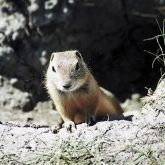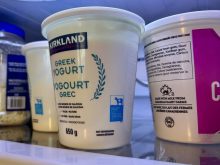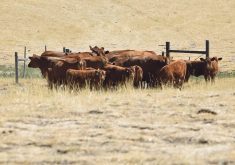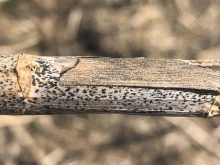Farmers in developing nations will sow more biotech crops than those in the industrialized world for the first time this year.
Globally, the area planted with biotech crops rose eight per cent last year to a record 160 million hectares, or 395 million acres, according to the International Service for the Acquisition of Agri-Biotech Applications. The U.S., by a wide margin, has the largest GMO area with 43 per cent of acreage, but the gap is closing.
“Developing countries grew close to 50 per cent of global biotech crops in 2011 and for the first time are expected to exceed industrial countries’ hectarage in 2012,” ISAAA said in a report.
Read Also
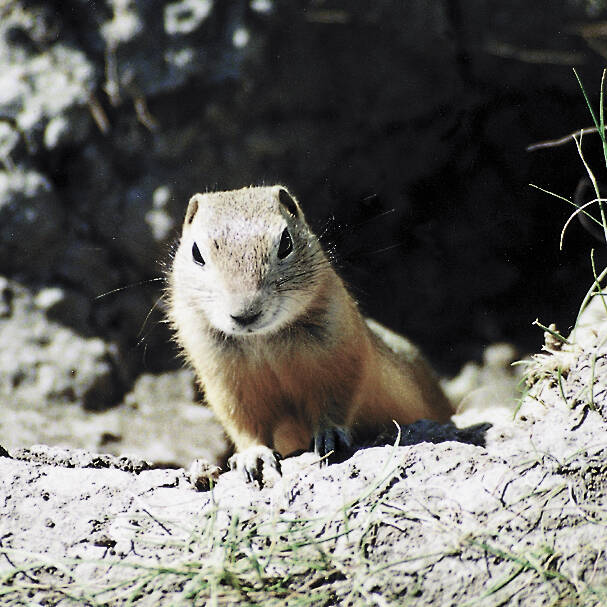
‘Devastating’: PMRA blocks Alberta’s joint emergency strychnine bid
Agency rules proposed mitigation measures insufficient to lower environmental risk, despite growing Richardson’s ground squirrel population.
“This is contrary to the prediction of critics who, prior to the commercialization of the technology in 1996, prematurely declared that biotech crops were only for industrial countries and would never be accepted and adopted by developing countries.”
Biotech crops were planted by 16.7 million farmers in 29 countries.
Brazil and Argentina are the second-biggest adopters, but in Latin America biotech crops are so far limited to soybeans, corn and cotton. Canada is fifth with 25.7 million acres of GMO canola, corn, soybeans and sugar beets.


